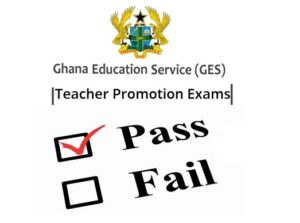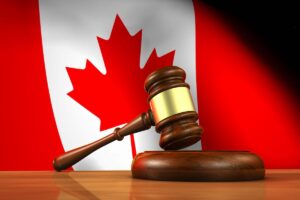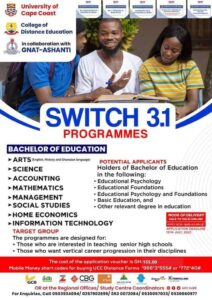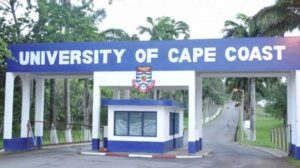Summary Of The Standard Based Curriculum In Ghana
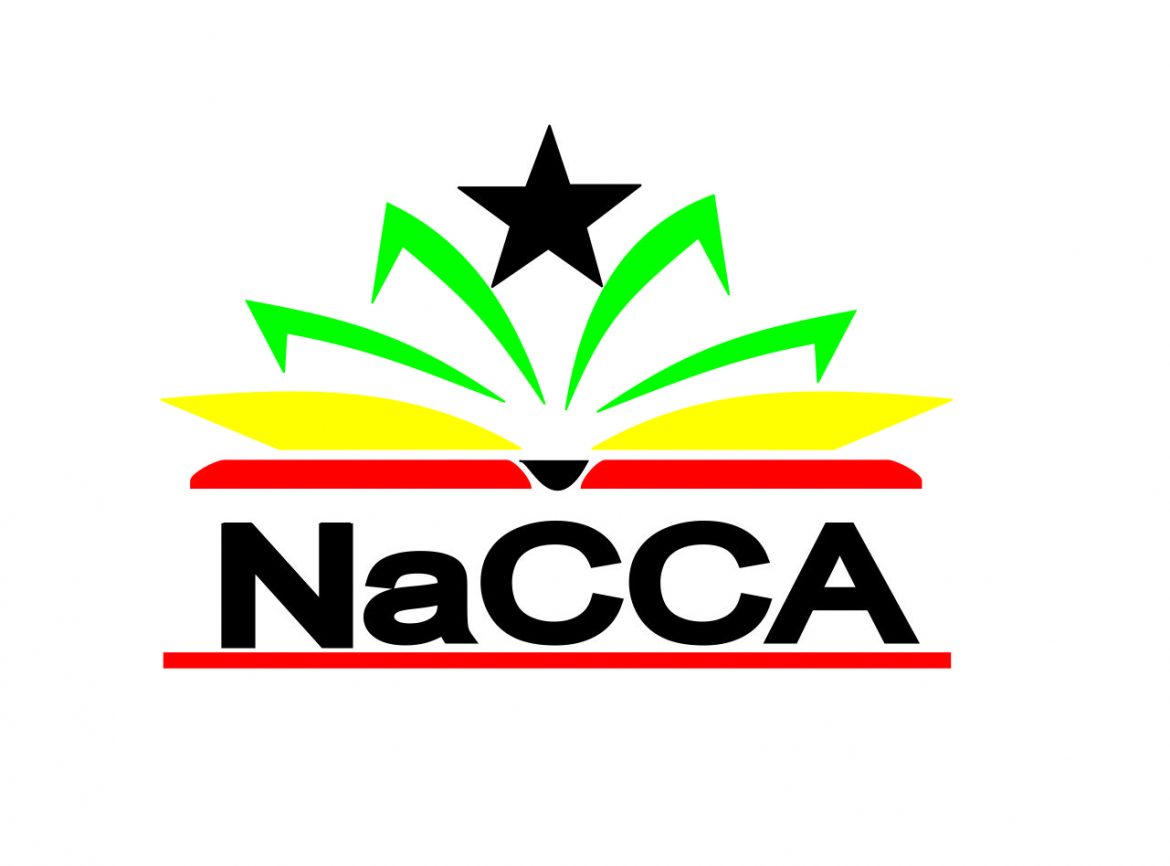
The Curriculum
These curricula seek to equip all learners with core competencies, essential skills and values necessary for learners to become creative, honest and responsible citizens – nationally and globally
Summary Of The Standard Based Curriculum
The present school curriculum has been reviewed to respond to the national priority of shifting the structure and content of the education system from merely passing examinations to building character, nurturing values, and raising literate, confident and engaged citizens, with emphasis on science and mathematics as building blocks for success in either tertiary education or early entry in the workplace.
Development of Ghanaian Curriculum
The Standards Based Curriculum (SBC) addresses the challenges with the previous curriculum and ensures that the content of the curriculum is benchmarked to international standards. Based on the current education reforms, Basic Education has been redefined to include Senior High School. The formal Basic Education system is divided into five key phases:
- Key Phase 1 ( Foundation level comprising Kindergarten 1 & 2)
- Key Phase 2( Lower Primary level comprising B1 to B3)
- Key Phase 3 ( Upper Primary level of B4 to B6)
- Key Phase 4 ( Junior High school level of JHS 1 – JHS 3)
- Key Phase 5 ( Senior High school of SHS 1- SHS 3)
NaCCA has developed curricula for Key Phase 1, Key Phase 2 and Key Phase 3 which have been implemented from September 2019 for the following subjects:
- English
- Mathematics
- Science
- History
- Creative Arts
- Our World Our People
- Physical Education
Senior secondary (B7-B12)
NaCCA has completed the development of a Common Core Programme (CCP) curriculum for Key Phase 4 (JHS 1 –JHS 3) which will be implemented progressively next academic year -2021/2022. Consultative processes for the development of Key Phase 5 (SHS 1-SHS 3) curriculum are far advanced.
The broader nature of our curricular presents a challenge to teachers. There are far too many curricular aims to teach and test. The result has been narrowing out too many curricular targets. It has therefore become important that we explore opportunities for building a national curriculum framework that holds teachers and students accountable to high levels of desirable achievements. The National Curriculum Framework broadly brings learners into contact with an agreed range of areas for teaching and learning experiences. This framework, therefore, has at its heart educational strategies that ensure that learners leave school better positioned to contribute societal development
The Commitment of NaCCA
The National Council for Curriculum and Assessment (NaCCA) has initiated a process to develop a standards-based curriculum for secondary education. This move is critical to completing the pre-tertiary education curriculum reforms which began in 2018.
In response to the 2018 educational reforms proposed by the Education Sector Plan 2018-2030, NaCCA developed and rolled-out the Standards-Based Curriculum for KG and Primary schools and the Common Core Programme for the Junior High Schools in September 2019 and January 2021 respectively. These curricula seek to equip all learners with core competencies, essential skills and values necessary for learners to become creative, honest and responsible citizens – nationally and globally.
The next stage is the development of the secondary education curriculum. As part of the curriculum development process, NaCCA began a series of stakeholder dialogues, in February 2022, on the development of Standards-Based Curriculum for the Senior High Schools. The purpose is to obtain the buy-in of all stakeholders to ensure an all-inclusive curriculum that will equip senior high school graduates with 21st century skills to prepare them for tertiary education, employment and lifelong learning. The stakeholders engaged so far include the Association of Ghana Industries (AGI), Vice-Chancellors Ghana and PRINCOF.
The dialogue brought to bear the stakeholders’ desire to see an all-inclusive SHS curriculum which not only focuses on developing competencies and entrepreneurial skills in learners, promote STEM education, but also a curriculum that is flexible to meet the needs, interest and talents of all learners. Additionally, they advocated strongly for differentiated assessment at the SHS level to assess the expected national minimum competencies, skills and knowledge that students need to demonstrate as lifelong learners.
NaCCA remains committed to developing a secondary education curriculum that prioritises Science, Technology, Engineering and Mathematics (STEM) as the fundamental building blocks of success in this era of technological advancement, develops skills and competencies which SHS graduates require for early entry into the workplace or to progress to tertiary education, and that ensures teaching and learning programmes are differentiated to meet the diverse needs of learners transitioning from JHS.
Highlights of the Standard Based
Highlights of the Standard Based Curriculum include;
- Kindergarten, primary school, JHS, and SHS shall all be described as basic schools. JHS 1, 2, 3, and SHS 1 shall now be referred to as BS 7,8,9 and 10 respectively i. e. SHS 1 shall will be called BS 10
- All students in JHS 1 – SHS 1 shall run a Common Core Programme called CCP which comprises of 9 subjects; namely – Maths, Languages, Science, RME (stand-alone subject), Physical and Health Education (not examinable), Career Technology, Social Studies, Computing, and Creative Art and Design.
- A new examination called National Standard Assessment Test (NSAT) shall be conducted at Primary 2, 4, 6, and JHS 2. The NSAT 2 and 4 exams have been started already.
- BECE shall be replaced by placement exams at JHS 3 to enroll students into SHS 1.
- Students in SHS1 shall continue to run the common core programme for one year thus students into SHS1 shall not select Science, Busines, or Arts Programmes.
- At the end of SHS1, Students shall write Common Core Exams into SHS 2.
- At SHS 2, students will now have to select either a career-related programme which includes vocational and technical programmes, or high school Diploma programmes such as science, business, arts.
- This means Elective subjects shall start in SHS 2.
- Wassce will be replaced by university entrance exams at SHS 3.
- Students after successful completion of SHS 3 will be rewarded a Diploma Certificate instead of WASSCE certificate.
Conclusion
The new curriculum aims to ensure that every student in the later years of school develops advanced knowledge in chosen areas of study, skills in applying that knowledge, and attributes to equip them for life and future careers
